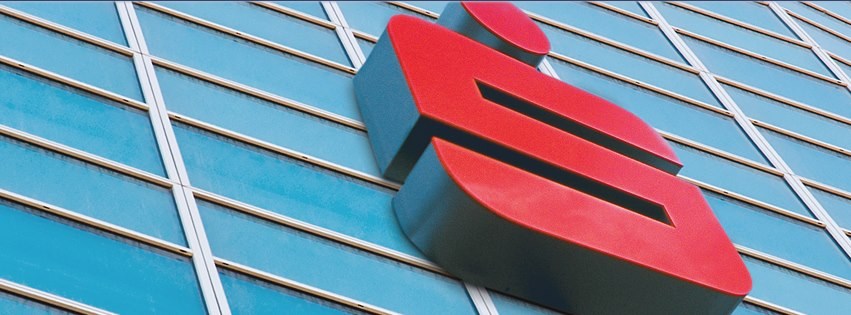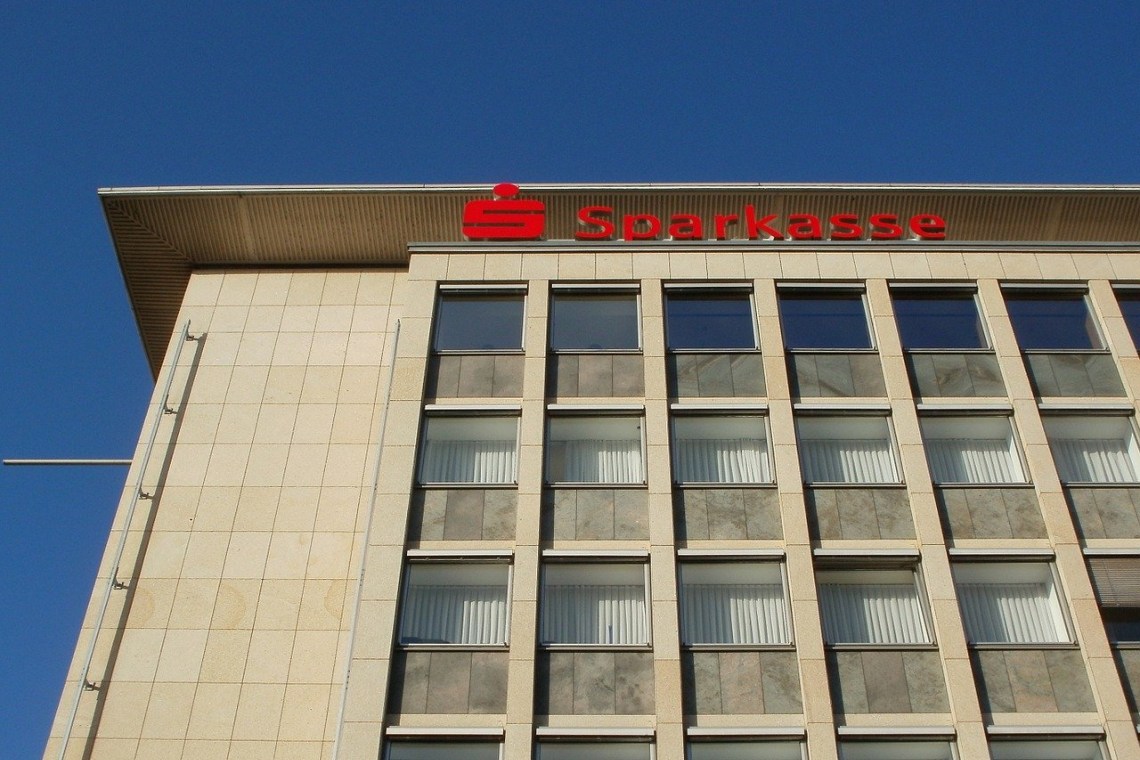German banking association Sparkasse is reportedly working on a plan to enable Bitcoin and cryptocurrency trading for its customers.
Summary
Sparkasse opens Bitcoin trading
This is reported by the German newspaper Capital, which cites a crypto project of the bank that will enable the exchange of digital currencies such as Bitcoin or Ethereum in the future.
A concept for the project is reportedly being prepared by a dedicated team at IT service provider S-Payment, and Sparkasse’s board is due to vote on the project in early 2022.
Should it be approved, Capital reports that a first version of the wallet could be launched by the end of 2022.
A first pilot project of this kind could be launched by individual savings banks, and eventually each of the estimated 370 institutions that make up the group should be able to decide for themselves whether or not to provide the service to their customers.
Capital reports that many of its banks are already showing interest in the project.

50 million customers
Sparkasse has a total of around 50 million customers and is the market leader among German financial institutions.
According to the plans, the bank’s customers would be able to buy cryptocurrencies directly from their bank accounts, thus without the need to make deposits, or withdrawals, in fiat currency.
The Deutscher Sparkassen – und Giroverband, usually referred to as Sparkasse, is an association of German savings banks with about 370 banks that are independent of each other, and managed locally region by region.
In addition to having a total of about 50 million customers, they manage assets of about $1.5 trillion, being de facto leaders in the German banking market.
A change of direction
It is worth noting that in 2015 Sparkasse itself blocked all fiat money transfers that could be linked with Bitcoin, as reported by CNN.
Basically, it had decided to reject any transaction suspected of having to do with cryptocurrencies.
The clear change of direction is an indication that cryptocurrencies have become mainstream in recent years, so much so that even the most reluctant banks are now being compelled to get involved.

